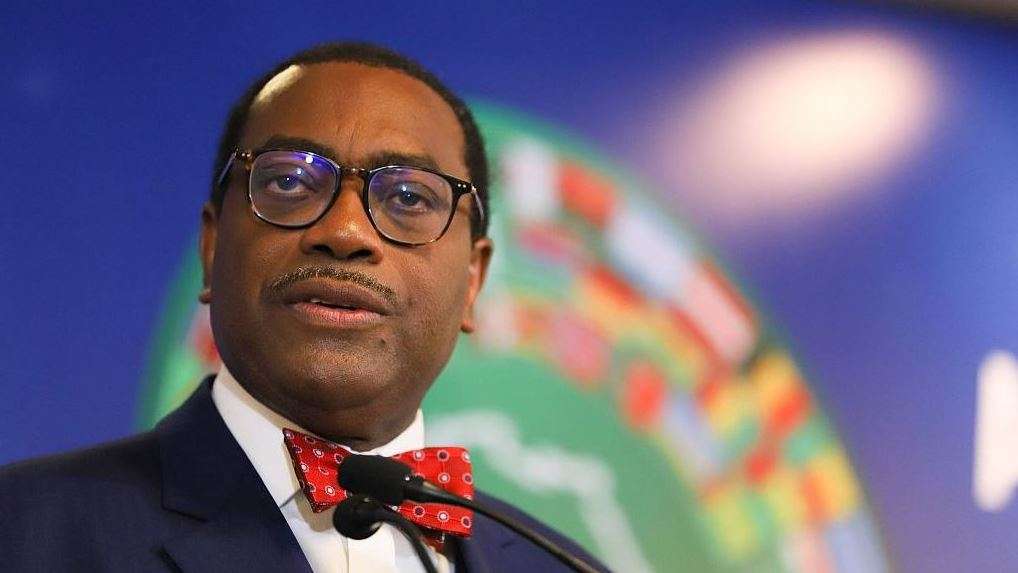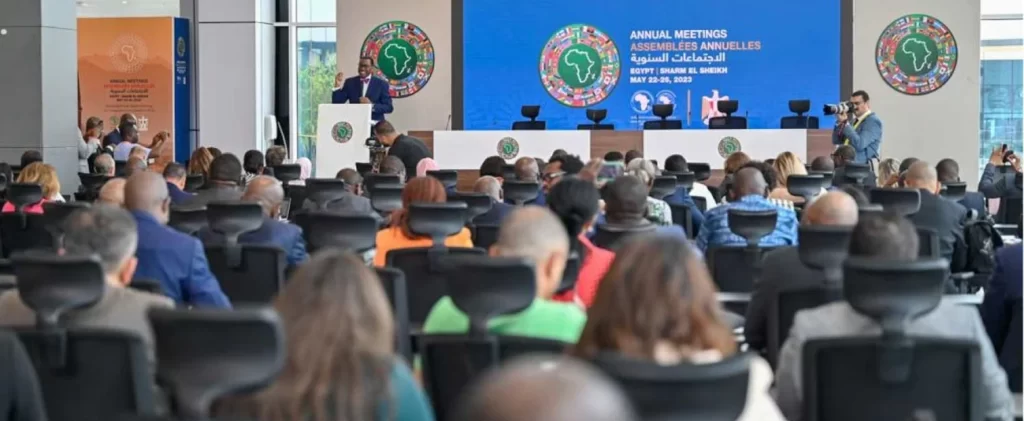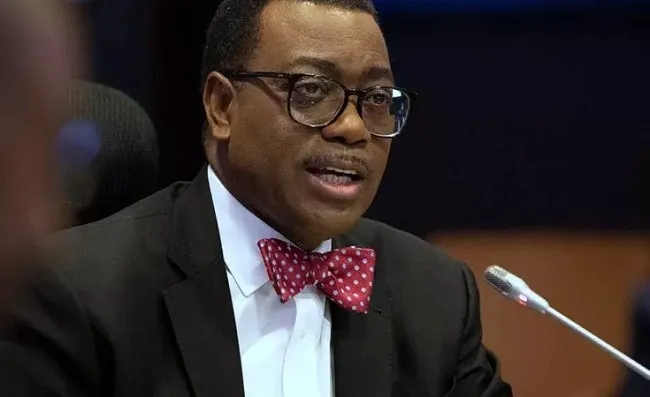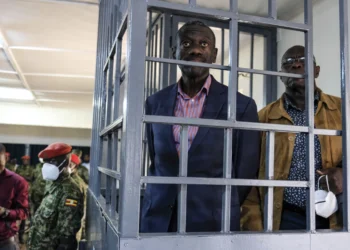African Development Bank has disclosed in its 2023 African Economic Outlook report that private climate finance flows in Africa have fallen significantly short of the continent’s pressing needs.
The report revealed that between $2.6 trillion and $2.8 trillion will be required by 2030 to effectively implement Africa’s climate action ambitions, as outlined in the Nationally Determined Contributions (NDCs).
“To break it down further, this translates to an annual financing requirement of between $234.5 billion and $250 billion.”
African Economic Outlook
However, recent data highlights a significant disparity between public and private finance flows, with private finance averaging more than six times lower than public finance in Africa.
“Out of the total climate finance flows of $29.5 billion recorded in Africa during 2019-2020, private finance accounted for a mere $4.2 billion, while public finance amounted to $25.3 billion. This significant gap in private climate finance in Africa has become a pressing concern, positioning the continent at a critical crossroads in its pursuit of sustainable development and climate resilience. ”
African Economic Outlook

The report estimated that Africa’s private climate finance gap is expected to reach approximately $213.4 billion per year, accounting for approximately 6.9 percent of the continent’s projected GDP of $3.1 trillion in 2023, assuming that the private sector fills the entire shortfall in climate finance needs.
“To address this challenge and close the gap by 2030, private climate finance in Africa would need to grow by an astounding 36 percent annually.”
African Economic Outlook
Consequences Of A Lack In Private Climate Finance
According to the reports, the implications of the shortfall in private climate finance are far-reaching, stating that “Africa, with its diverse ecosystems, vulnerable populations, and unique climate challenges, is particularly susceptible to the adverse effects of climate change.
“Adequate financial resources are crucial to drive climate adaptation and mitigation efforts, build resilient infrastructure, support clean energy initiatives, and promote sustainable agriculture and forestry practices. By bridging the climate finance gap, Africa can unlock its immense potential for sustainable development while safeguarding its people and natural resources.”
African Economic Outlook

The African Development Bank emphasized the importance of collaborative efforts between governments, international financial institutions, and the private sector to mobilize the necessary resources and accelerate the flow of private climate finance into Africa.
“These range from renewable energy projects and green infrastructure development to sustainable agriculture and forestry initiatives. Unlocking these opportunities requires supportive policy frameworks, innovative financial instruments, and risk-sharing mechanisms to attract private investors and create an enabling environment for sustainable business models.”
African Economic Outlook
Finally the report underscored that the significance of international cooperation and partnerships to address the climate finance challenge in Africa.





















